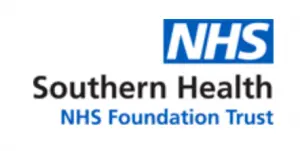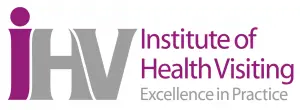A team from the Institute of Health Visiting (iHV) and Southern Health NHS Foundation Trust (SHFT) have been selected by the Health Foundation, an independent charity, to be part of the latest round of its Advancing Applied Analytics programme.


The programme aims to improve analytical capability in support of health and care services. In this fourth round of the programme, the Health Foundation is providing funding to 10 teams in the UK that are working on innovative projects that demonstrate the value of improving analytical capability in health and care.
For the first time, this round of the programme will be supported by NHSX, which is driving digital, analytical and tech maturity in local NHS organisations. NHSX will provide support to the project teams to help them deliver sustained improvement and spread innovation across health and social care.
Each project will run for up to 15 months and will start by September 2020.
The project from the iHV aims to improve analytical capability by:
- Enabling a better understanding of challenges and opportunities within the field of health visiting analytics and greater clarity on user needs.
- Applying this learning to practice using rapid cycle improvement methodology within the SHFT pilot site to improve understanding of how analytical capability can be maximised locally and for wider system benefit. Specific focus will be given to improving data quality and analytics for “missing children” and those with additional needs.
Alison Morton, Director of Policy and Quality at the iHV said,
“The health visiting service provides a vital “safety net” for our most vulnerable children. As we look to the future, it is clear that the opportunities afforded by data and analytics will be important enablers for this work. This study aims to improve analytical capability in health visiting to “move beyond bean counting”, exploring ways to use data as an enabler of clinical practice and service transformation. We are delighted to be working with leaders in the field of applied analytics at the Health Foundation and Southern Health NHS Foundation Trust on this important project”.
Sharon Hargreaves, Chief Clinical Information Officer at Southern Health NHS Foundation Trust, commented:
“I am really excited that the Health Foundation has given us the opportunity within this project to explore how we can engage clinicians in working more closely with technology, to develop analytical tools and easy-to-use dashboards that will help drive quality improvements to deliver more effective care to the children and families within Hampshire.”
Ginny Taylor, Deputy Director Operations Children and Family Services at Southern Health NHS Foundation Trust, added:
“This is a very challenging time for health visiting and our families. This project will support our efforts to ensure that we really focus on those that need our help most by helping practitioners use data to inform decision-making and assessment.”

